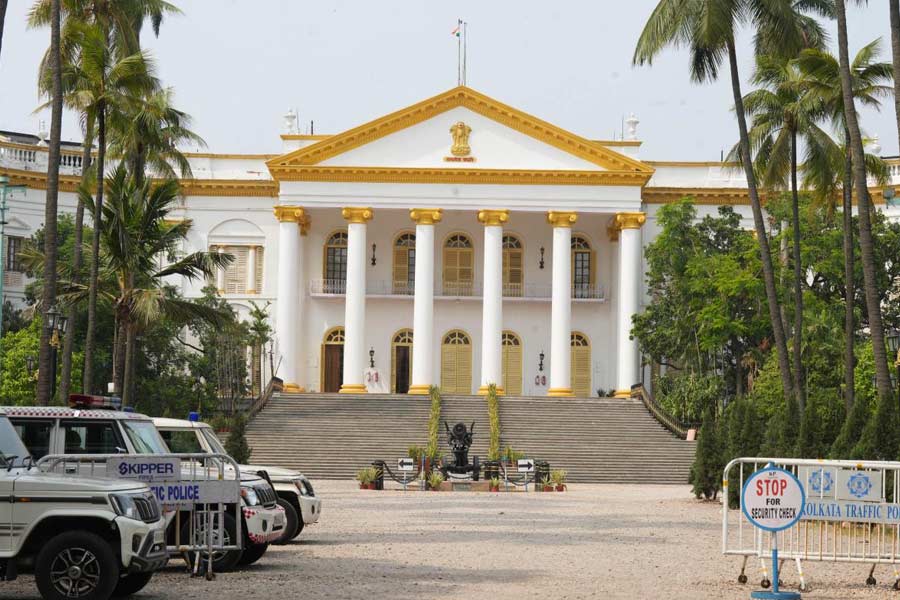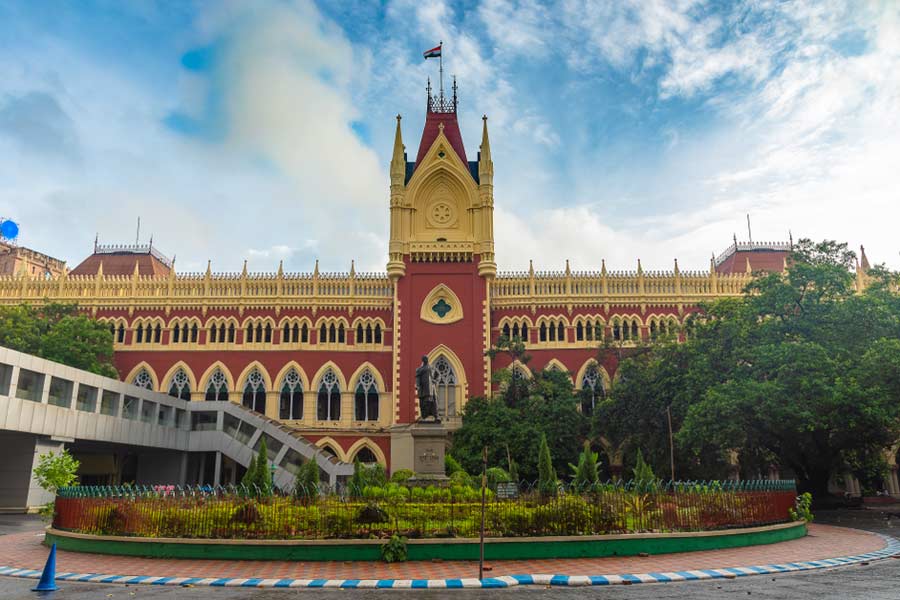The Bengal Raj Bhavan employee who had alleged sexual harassment by governor C.V. Ananda Bose has approached the Supreme Court challenging the immunity from criminal prosecution granted to the President and governors under Article 361 of the Constitution.
The petitioner has questioned the immunity granted to the President and governors of states under Article 361 on the ground that it violates the fundamental rights of citizens to prosecute such high constitutional functionaries.
“The Petitioner – Ms. XXX, an employee of the Raj Bhavan, West Bengal, is constrained to move this Hon’ble Court invoking its extraordinary jurisdiction under Article 32, (for enforcement of fundamental rights) Constitution of India aggrieved by the sexual advances/harassment made by the constitutional authority the Hon’ble Governor,
State of West Bengal in the premises of Raj Bhavan itself. However, due to the blanket immunity bestowed under Article 361, Constitution, Petitioner is left remediless despite the offence against her person, and therefore is constrained to approach this Hon’ble Apex Court directly,” said the petition filed through advocate Udayaditya Banerjee.
Article 361(2) says “No criminal proceedings whatsoever shall be instituted or continued against the President, or the Governor of a State, in any court during his
term of office”.
In other words, such proceedings can be initiated only after the incumbent demits office but not when he/she is in power.
“Such powers cannot be understood to be absolute so as to enable the Hon’ble Governor to do acts which are illegal or which strike at the root of Part III (Fundamental Rights) of the Constitution. Moreover, the said immunity cannot impair the police’s powers to investigate the offence or even naming the perpetrator in the complaint/FIR, despite specific averments to that effect,” the petitioner said.
The petitioner said allegations of sexual harassment and molestation once levelled against the accused, are sufficient and substantive to initiate the criminal justice process against the accused.
However, when the accused enjoys Constitutional or statutory powers, as in the present case, it is rare that a victim will come forward to lodge a complaint. When she musters the courage to voice the injustice, she is virtually restrained by the contours of the Constitution, the petitioner said.
The petition explains in detail the account of the alleged sexual harassment faced by the victim on April 24 and then again on May 2, when she was called inside his chamber by the governor.
“Such questionable conduct not only threatens to defeat and subvert the very fundamentals and basic foundation of our Constitution, including the rule of law, but further proceeds to infringe upon the rights of citizens of the State who may be victims
of sexual misconduct at the hands of such constitutional authorities,” the petition said.
The petition further said that the incident that should “further shock the conscience of this Hon’ble Court is that the accused, who under the garb of discharging his official duties, conducts himself in such a deplorable matter, is today given the voice by the media to give statements in the Press brushing the allegations under the carpet and by terming them ‘engineered narrative’ while the petitioner herein is rendered voiceless and shunned to a life of depravity and ridicule”.
According to the petition, although the immunity ceases to operate once the incumbent demits office, time is of the essence in criminal investigations. By the time the governor demits office, substantial delay would have been caused.
There is a strong likelihood that the delay would result in the fabrication of evidence, tracing of witnesses and distortion of the versions of their statements, higher chances of influencing witnesses who continue to work under the alleged perpetrator and who has the entire state machinery at his disposal.
Hence the petitioner has sought the following directions:
Direct the state of West Bengal through director-general of police to provide protection and security to the petitioner and her family;
Direct Bengal government to compensate the petitioner for loss of reputation and dignity suffered by her and her family because of the failure of the state machinery in protecting the identity of the victim;
Mandate the state police machinery to carry out an investigation;
Frame guidelines on the actual extent of immunity that is available to governors under Article 361.











